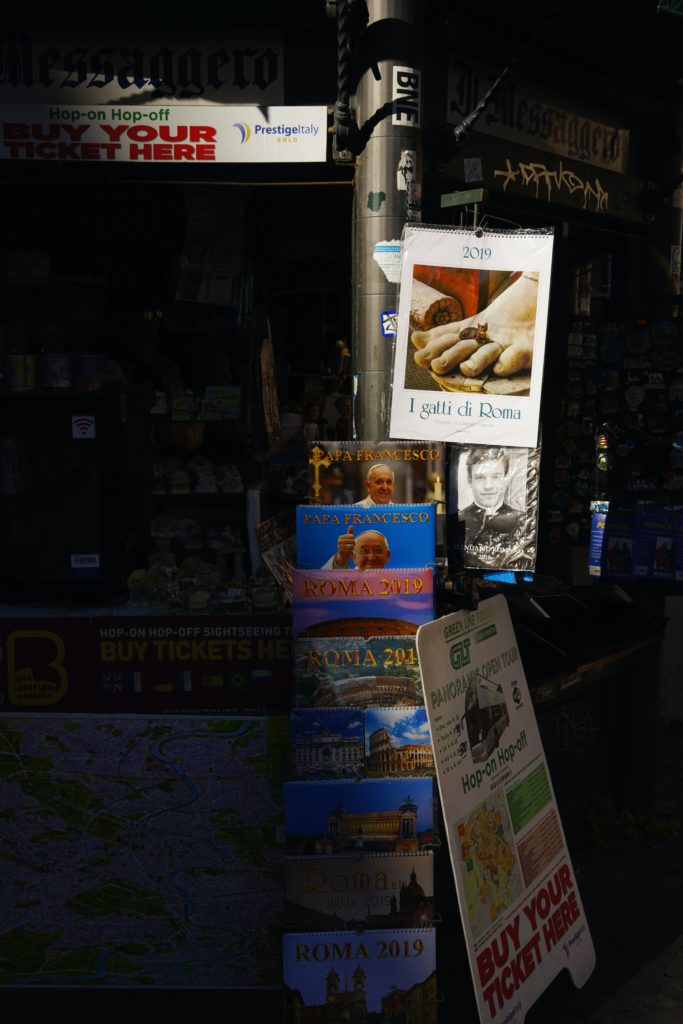
Published June 16, 2022
I hope this doesn’t offend anyone, but we Americans can occasionally come off as brash, presumptuous, and entitled. Such qualities may have served us well when we were still settling the frontier. They might even have been endearing when we were just a precocious upstart of a nation, elbowing our way into the spotlight of world affairs. In a superpower, however, such traits tend to lose most of their charm.
Americans are much more than this caricature, of course. And we are not above self-criticism. (Or even occasional self-loathing.) Many of us are constantly decrying the decline in our political life, bemoaning our decadent and hedonistic culture, or lamenting our fraying social fabric. We do not take outside criticism very well, however. In recent decades, Americans have developed a certain insecurity about our own awesomeness. No one loves us quite so much as we think they should. The resulting mix of our native over-confidence and latent insecurities is, frankly, a bit weird.
It’s hard for most Americans to grasp just how all of this looks from the outside. Here in the States, we might be a mess, but it’s our mess. Meanwhile our neighbors and allies, whether they want to be or not, are dependent upon us – economically, militarily, culturally – in a way that we Americans would find utterly intolerable if the situation were reversed. We’re always the red-white-and-blue elephant in the room. In every room. Even if we forget that, you can be sure no one else does. How could they?
I mention all of this not only to suggest that Americans ought not be surprised if people from elsewhere in the world don’t see us the way we see ourselves. I also mention this because none of it seems sufficient to explain the peculiar view Pope Francis (or those advising him) seem to have of the Church in the United States.
I don’t just mean that he sees Americans and American Catholics differently than we see ourselves, though he surely does. I don’t even mean that he seems predisposed to the sort of run-of-the-mill anti-yanqui sentiment one often finds in many parts of Latin America. That’s forgivable, and probably not entirely undeserved.
I mean he seems to be operating on an idea of the Church in the United States which bears little resemblance to the reality of Catholic life in the US.
The latest evidence of this can be found in a recent conversation from May of this year in which Pope Francis met with editors of Jesuit cultural journals in Europe. The Holy Father answered a number of questions for editors of Jesuit cultural journals in Europe and the transcript was published by La Civiltà Cattolica this week.
Pope Francis spoke about the importance of face-to-face conversations which can lead to genuine discernment. He turned to one of his favorite ideas to underscore the point, saying: “[R]eality is superior to the idea, and therefore you must deal with ideas and reflections that arise from reality. When you enter the world of ideas alone and move away from reality you end up with what is ridiculous. Ideas are discussed, reality is discerned.”
One question, about the German Synodal Way, elicited this quip from the pope as part of his response: “In Germany there is a very good Evangelical Church. We don’t need two.”
Regarding the war in Ukraine, Pope Francis went to great lengths to underscore the moral complexity of the Russian invasion of its smaller neighbor. The Holy Father mused that the war was “perhaps somehow either provoked or not prevented.”
“Someone may say to me at this point: so you are pro-Putin! No, I am not,” the pope continued. “It would be simplistic and wrong to say such a thing. I am simply against reducing complexity to the distinction between good guys and bad guys without reasoning about roots and interests, which are very complex.”
In his answers to each question, the Holy Father emphasized the need for a patient willingness to recognize complex motives and concerns, a solicitude for the concrete circumstances of real people, a refusal to see things in black and white, all of which allows for genuine discernment.
Which makes it doubly strange when he speaks of the Church in the United States as if it were dominated by a rejection of the Second Vatican Council and a desire to return to the pre-conciliar era. Asked a question about spiritual renewal in the Church, Pope Francis had this to say:
Restorationism has come to gag the Council. The number of groups of “restorers” – for example, in the United States there are many – is significant. An Argentine bishop told me that he had been asked to administer a diocese that had fallen into the hands of these “restorers.” They had never accepted the Council. There are ideas, behaviors that arise from a restorationism that basically did not accept the Council. The problem is precisely this: in some contexts the Council has not yet been accepted.
In a country with 70-odd million Catholics, there are more than a few who want to “restore” the pre-conciliar Church. As a percentage of the American Church, their numbers are tiny. So who are these “restorers” of whom there are so many in the American Church? Who is gagging the Council?
Meanwhile, the genuinely “restorationist” Catholics are dwarfed – in numbers and influence – by millions of other Catholics (many in positions of influence both in and outside of the Church) who reject the actual texts of the Council and the interpretation given it by Pope St. Paul VI, Pope St. John Paul II, Pope Benedict XVI, and depending on the issue, Pope Francis.
Or is it possible that Pope Francis sees as “restorationist” the tens of millions of American Catholics (including the overwhelming majority of priests, and every single American bishop) who has received the Council in fidelity to the papal magisterium of Francis’ own predecessors?
If so, it’s a great injustice. . .and one that can’t be remedied soon enough.
Stephen P. White is a fellow in the Catholic Studies Program at the Ethics and Public Policy Center. Mr. White’s work focuses on the application of Catholic social teaching to a broad spectrum of contemporary political and cultural issues. He is the author of Red, White, Blue, and Catholic (Liguori Publications, 2016).
Photo by Siarhei Plashchynski on Unsplash
Stephen P. White is a fellow in the Catholic Studies Program at the Ethics and Public Policy Center. Mr. White’s work focuses on the application of Catholic social teaching to a broad spectrum of contemporary political and cultural issues. He is the author of Red, White, Blue, and Catholic (Liguori Publications, 2016).











